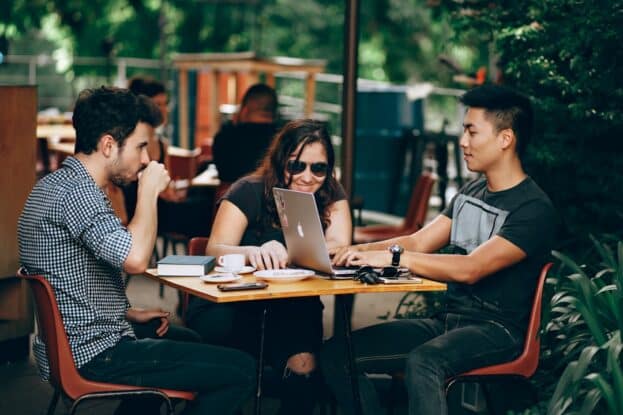Academic success demands not only dedication and persistence but also a balanced approach to studying. Ensuring your brain has adequate time to rest is not only beneficial but necessary for maintaining peak performance. Taking regular breaks can significantly enhance cognitive function and mental resilience. In this article, we delve into various fun yet effective ways to unwind without compromising academic success. Below, explore why and how incorporating these strategies can do wonders for your productivity and overall well-being.
The Importance of Regular Breaks for Cognitive Function and Academic Performance
Intense study sessions without breaks can lead to cognitive overload, reducing retention. Cognitive science advocates for periodic rests to aid information consolidation and rejuvenation, known as ‘spaced learning.’ This approach fosters better memory recall and deeper understanding.
Breaks aren’t just about resting; they facilitate reflection, crucial for integrating new and existing knowledge. Regular breaks indirectly enhance critical thinking and problem-solving abilities by allowing time for mental processing. Taking breaks also maintains concentration levels and prevents burnout, leading to higher engagement with studies. Integrating quality breaks, such as engaging in sweepstakes games, offers mental stimulation and renewed focus for more effective studying.
Incorporating Physical Activity into Your Study Routine for Enhanced Productivity
Regular physical activity boosts cognitive abilities, relieves stress, and enhances productivity. Even brief exercise sessions, like a brisk walk or quick workout, increase blood flow to the brain, supplying it with oxygen and nutrients. This helps improve mood, decrease feelings of depression and anxiety, and enhances memory formation. Integrating physical activities into study breaks can enhance learning. Short bursts of exercise can stimulate neurogenesis, the creation of new brain cells, improving information retention.
Activities like stretching or yoga, even in small doses, improve blood circulation and prevent discomfort from prolonged sitting. Incorporating movement into study routines doesn’t have to be complicated or time-consuming. Simple exercises done in the study space, like stretching or yoga, can provide benefits. Structured breaks involving physical activity make returning to studying feel less tedious and more refreshing.
Creative Hobbies That Can Serve as Study Breaks and Boost Creativity
Engaging in creative activities like painting, writing, or playing music offers a mental break from studying and encourages creative thinking. These hobbies provide a constructive distraction, allowing your brain’s logical side to relax while the creative side takes over. Creative pursuits also yield tangible results, fostering a sense of accomplishment that can boost motivation for academic tasks. They can inspire innovative approaches to problem-solving in your studies.
Hobbies such as knitting or crafting can induce a meditative state, promoting mental wellness by reducing stress and anxiety. This mindfulness enhances focus and clarity when returning to academic work. To effectively incorporate these breaks, it’s crucial to strike a balance between disciplined study and leisure time. Short breaks should offer relief without leading to procrastination, maximizing the benefits of creative activities for academic success.
Socializing and Networking: Combining Leisure with Opportunity During Academic Breaks

Socializing isn’t just about taking a break from studies; it’s a chance to forge relationships and networks vital for academic and career success. Interacting with peers can lead to valuable idea exchanges and study sessions can aid in understanding complex material. Building a network during your academic journey opens doors for collaborations and career prospects, crucial for your masters in business degree.
Engage with professors, attend industry events, and connect with professionals in your field for opportunities. Socializing can offer fresh perspectives on academic challenges and foster innovative solutions. It’s essential to balance social interactions with academic goals to ensure productivity and success.
Mindfulness and Relaxation Techniques to Optimize Your Time Off From Studying
Mindfulness and relaxation techniques are invaluable for enhancing academic performance during breaks. Activities like deep breathing and meditation reduce stress by focusing attention on the present moment, clearing mental clutter. Before returning to studies, these techniques reset focus, making the mind more receptive to new information. They also foster patience and endurance, crucial for long-term academic success.
Integrating mindfulness into daily routines is easy with numerous apps and online resources available. Short, regular relaxation intervals maintain balance and focus throughout the day. Relaxation doesn’t mean inactivity; it’s about rejuvenating practices like meditation or guided imagery, leaving one refreshed and ready for academic challenges.
Altogether, strategic breaks, including exercise, hobbies, socializing, and relaxation, significantly impact academic success. These activities boost cognitive function, well-being, and overall educational experience. Success isn’t just about grades; it’s about the journey. Utilize breaks wisely for a balanced academic life.


